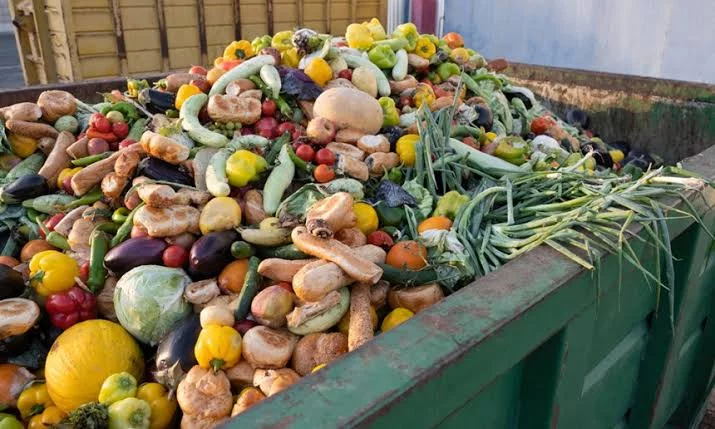Michael David, a climate and environmental advocate and Team Lead for the Global Initiative for Food Security and Ecosystem Preservation, has cautioned that food waste, especially during Christmas, contributes to global warming.
In an interview on Monday in Abuja, David highlighted the environmental impact of excessive food waste, emphasizing the release of greenhouse gases such as methane, carbon dioxide (CO2), and chlorofluorocarbons, which contribute to global warming and climate change.
David expressed concern about the alarming levels of food waste during Christmas festivities, emphasizing that many prepared foods end up uneaten.
He urged Nigerians to consider the energy and natural resources involved in the entire food production and consumption process, including processing, transportation, storage, and cooking.
Related News: FG Declares Public Holidays for Christmas and New Year Celebrations
The climate advocate pointed out that food waste, when disposed of in landfills, produces methane, a potent greenhouse gas that contributes to environmental degradation.
Additionally, he highlighted the wastage of fresh water and groundwater resources, with agriculture consuming a significant portion of the world’s water supply.
Drawing attention to the environmental impact of excessive packaging, David emphasized that the non-biodegradable nature of many food product packages contributes to pollution, either in landfills or as litter on streets.
To address food waste, David offered practical tips, urging individuals not to discard good food and to share excess with others.
He emphasized the importance of considering the quantity of food wasted daily, especially during festive periods like Christmas.
In particular, David stressed that food waste is a concerning issue in a nation where there are children facing hunger.
By promoting awareness and responsible consumption, David encourages individuals to contribute to reducing food waste, thereby mitigating its negative impact on the environment and addressing issues of hunger and resource conservation.
You can also read: Bethlehem’s Silent Christmas Amid Ongoing Israel-Hamas Conflict


